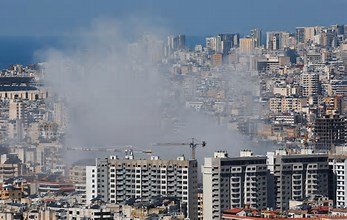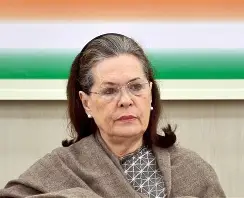Chinese authorities have confirmed the death of Tulku Hungkar Dorje, a prominent Tibetan abbot and cultural leader. Sources suggest that he was accused of “causing trouble” by advocating for Tibetan rights and failing to properly receive Beijing’s appointed Panchen Lama. His body remains in state custody, raising suspicions of foul play.
BY PC Bureau
The Chinese government has officially announced the death of Tulku Hungkar Dorje, the revered abbot of Lung Ngon Monastery in Gade County, Golok Tibetan Autonomous Prefecture. However, authorities have refused to release his body to the monastery or his family, raising concerns and fueling speculation about the circumstances of his passing.
Reports of Tulku Hungkar Dorje’s arrest surfaced in 2024, followed by an official declaration of his disappearance in August. Conflicting accounts later suggested that he had either escaped into exile or remained in Chinese custody. On April 2, 2025, Chinese officials informed key monastery figures that he had died but provided no details regarding the time, location, or cause of death.
ALSO READ: Pressure on China Grows Over Tibet’s Human Rights Violations
Political Repression and Targeting of Tibetan Religious Figures
Reliable sources indicate that Chinese authorities had accused Tulku Hungkar Dorje of multiple offenses, including failing to organize a sufficiently grand welcome for Gyaltsen Norbu, Beijing’s state-appointed Panchen Lama, during his visit to Golok. Additional allegations included establishing monasteries and schools without government approval and advocating for the rights of marginalized Tibetans.
Chinese officials have confirmed the death of an influential Tibetan Buddhist leader who went missing eight months ago shortly after he publicly called for the preservation of Tibetan language and culture, two sources told Radio Free Asia.https://t.co/GLFYVaPifU#Tibet #China pic.twitter.com/tvbwFVXqrl
— Radio Free Asia (@RadioFreeAsia) April 3, 2025
Tulku Hungkar Dorje was a well-known religious and cultural leader with a large following both inside and outside Tibet. Following the announcement of his death, one of his students posted on WeChat:
“Your sudden passing is like a hook in my heart. Please keep me in your mind, my respected Lama. Those of us who remain, feeling the deep sorrow in our hearts and struggling to breathe, can only express our longing for you through our sighs.”
The post included photos of the late religious leader, reflecting the deep grief felt by his disciples.
A Legacy of Education, Culture, and Resistance
Born in 1969 in Gade County, Tulku Hungkar Dorje was the son of Tulku Pema Tumpo, the founder of Lung Ngon Monastery. He received his early education there before going into exile in India, where he studied at Drepung Gomang Monastery between 1989 and 1994. After further studies in the United States, he returned to Tibet and, in 2002, was officially enthroned as the 10th lineage holder of Lung Ngon Monastery with Chinese government approval.
His legacy extended far beyond religious teachings—he was a champion of Tibetan culture and education. In 2004, he founded the Tsongon Gesar Philanthropic Foundation and worked to preserve Tibet’s Gesar epic tradition. He also established the Hungkar Dorje National Vocational High School, providing education to over 1,000 students and teachers, as well as 14 primary and secondary schools serving children from rural and nomadic communities. His dedication to the preservation of Tibetan language, religion, and identity made him a target of state repression.
While Chinese authorities have yet to disclose the full details surrounding his death, his passing leaves a profound void in the Tibetan religious and cultural landscape. His contributions to Tibetan society and his defiance against government-imposed restrictions on Tibetan identity remain an enduring inspiration to his followers.














